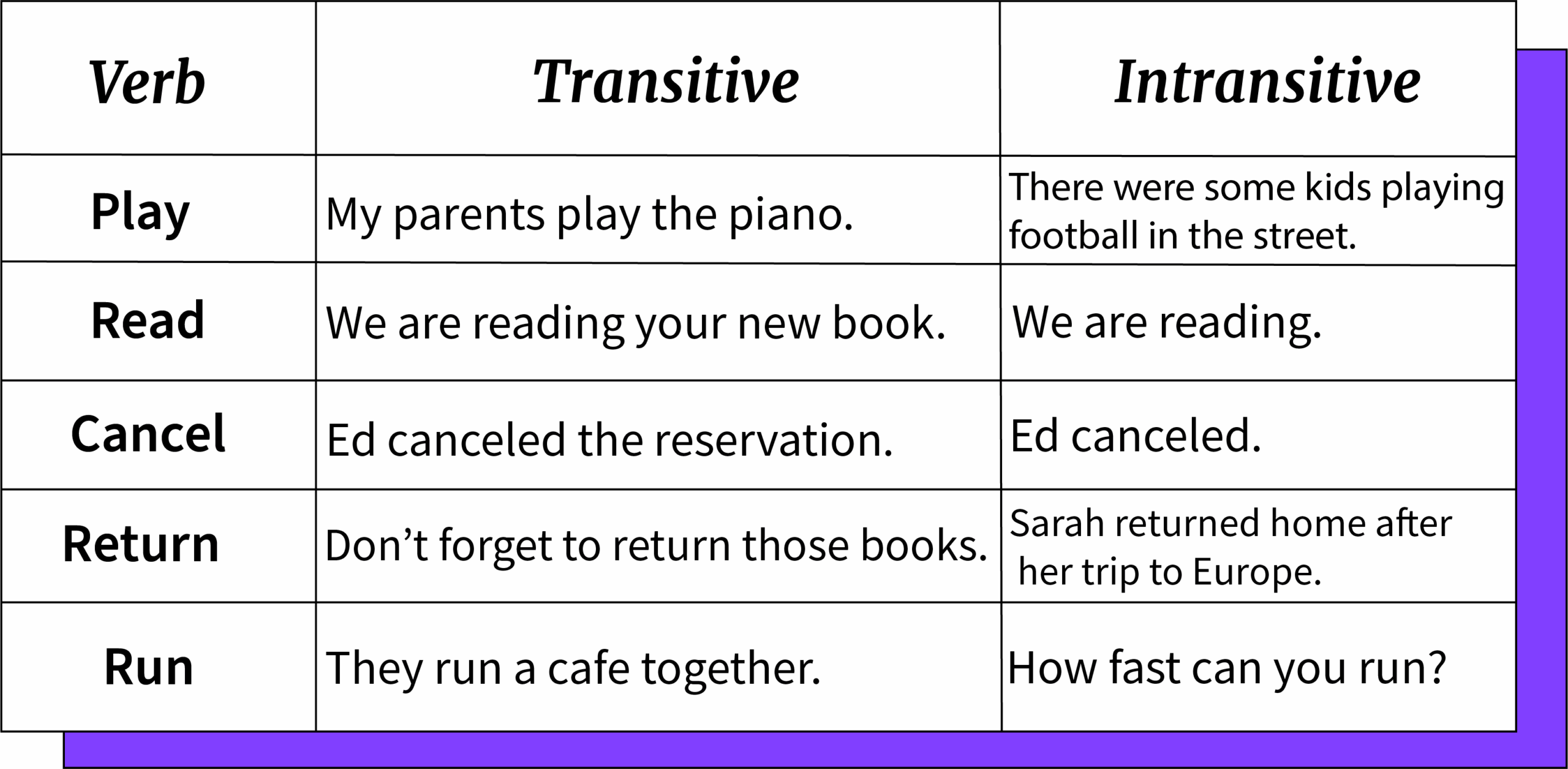Transitive verbs are an essential part of the English language. They are verbs that require a direct object to complete their meaning in a sentence. These verbs transfer the action of the subject to an object, showing who or what is receiving the action. Understanding transitive verbs is crucial for constructing grammatically correct sentences.
Without a direct object, a transitive verb is incomplete. The direct object is the noun or pronoun that receives the action of the verb. It answers the question “what” or “whom” after the verb. For example, in the sentence “She ate a sandwich,” the transitive verb is “ate,” and the direct object is “a sandwich.”
Transitive Verb Meaning and Examples
Transitive verbs can be used in various sentence structures to convey different actions. Here are some examples of transitive verbs in sentences:
1. He wrote a letter to his friend.
2. The teacher explained the lesson to the students.
3. She bought a new dress for the party.
4. They cooked a delicious meal for their guests.
5. The artist painted a beautiful landscape.
Each of these examples demonstrates how the transitive verb is followed by a direct object that completes the action. Without the direct object, the sentences would be incomplete or grammatically incorrect.
It is important to note that not all verbs are transitive. Intransitive verbs do not require a direct object to complete their meaning. They can stand alone in a sentence and still make sense. Understanding the difference between transitive and intransitive verbs is crucial for mastering English grammar.
Transitive verbs play a significant role in sentence structure and communication. They help convey actions and relationships between subjects and objects in a clear and concise manner. By recognizing transitive verbs and understanding their usage, you can improve your writing and speaking skills in English.
In conclusion, transitive verbs are verbs that require a direct object to complete their meaning in a sentence. They transfer the action of the subject to an object, showing who or what is receiving the action. By incorporating transitive verbs correctly in your sentences, you can enhance clarity and coherence in your communication.
